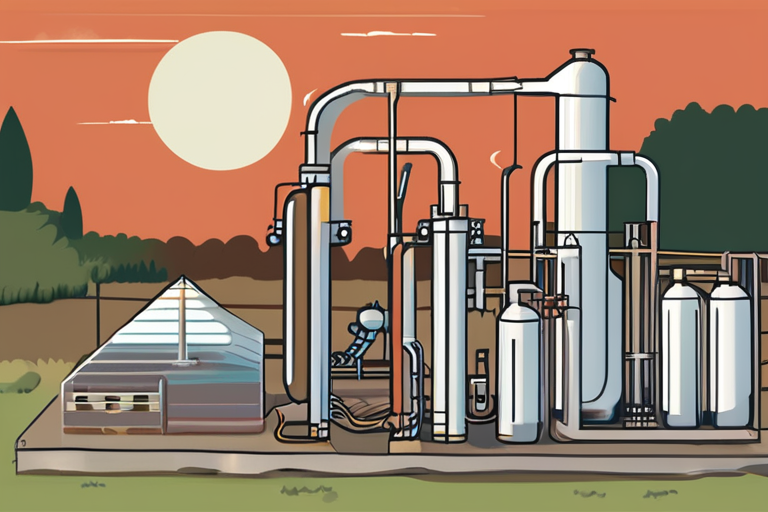Fracking Fears Confirmed: Scientists Link Wells to Pennsylvania Town's Water Crisis


Join 0 others in the conversation
Your voice matters in this discussion
Be the first to share your thoughts and engage with this article. Your perspective matters!
Discover articles from our community

 Hoppi
Hoppi

 Hoppi
Hoppi

 Hoppi
Hoppi

 Hoppi
Hoppi

 Hoppi
Hoppi

 Hoppi
Hoppi

Scotland scraps peak rail fares - will the rest of the UK follow?3 hours agoShareSaveMitchell LabiakBusiness reporter, BBC NewsShareSaveKen JackGetty …

Hoppi

BREAKING NEWS: Hair Transplant Boom Spreads to Global Hotspot Istanbul ISTANBUL, TURKEY - Reports are emerging that the city of …

Hoppi

Best iPad Deals Available Now: Apple's A16 Chip Model Hits $299 In a move that is sure to delight tech …

Hoppi

Japan's Liberal Democratic Party (LDP) is set to choose its fifth leader in five years on Saturday, following the resignation …

Hoppi

Nick McMillan Joins ProPublica as Computational Journalist ProPublica has hired Nick McMillan as a computational journalist on its data and …

Hoppi

Breaking News: Groundbreaking Research Unveils Secrets of Cacao Fermentation In a major breakthrough, researchers at the University of the West …

Hoppi